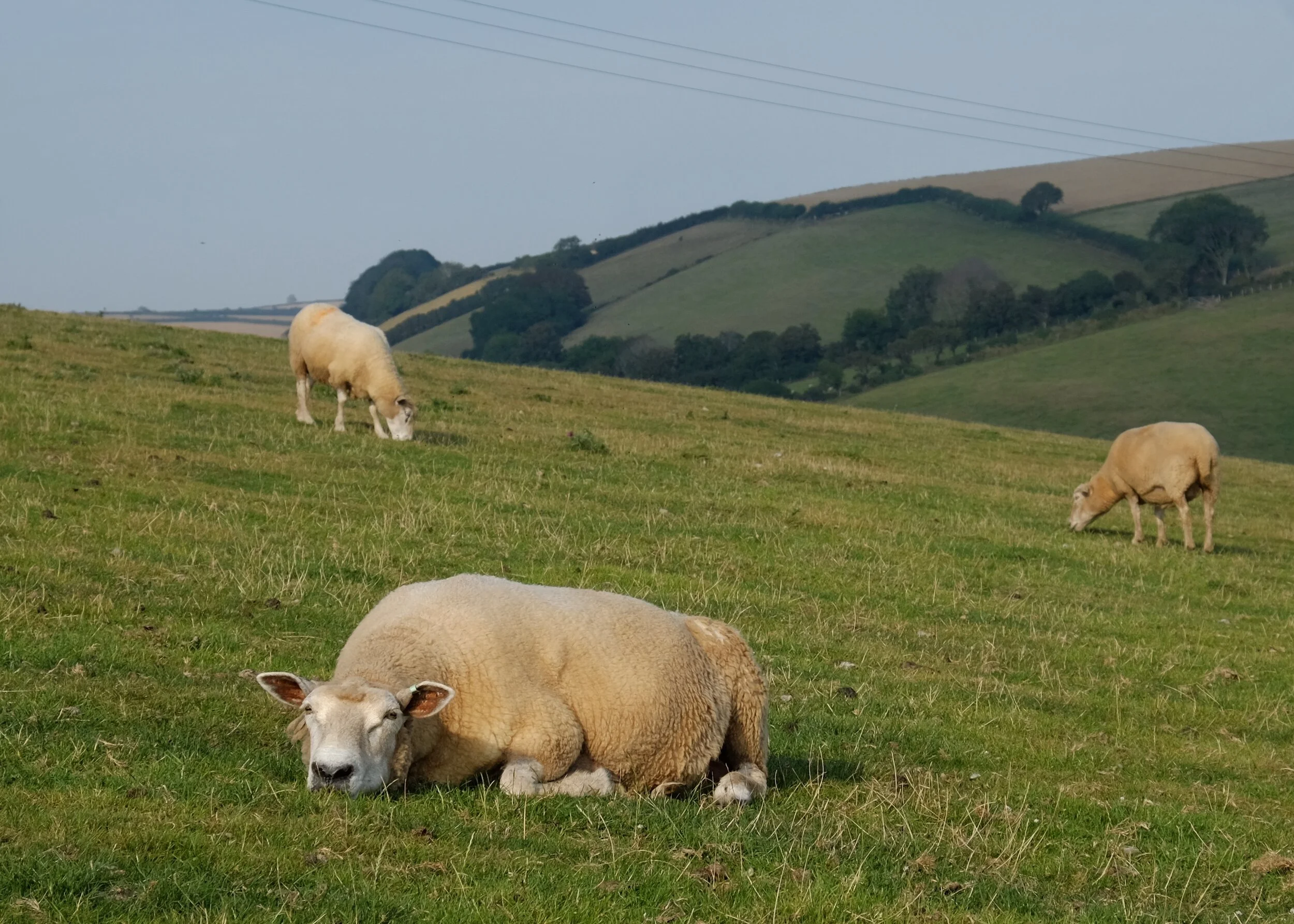Long before I started writing fiction, I was aware of the therapeutic benefits of writing, particularly for someone like me who is not quick thinking and articulate. It takes me time to put words together and by then the opportunity to speak them may have passed.
I first started to understand how it could be therapeutic for other people when I worked for a number of years for a boss who had an unfortunate habit of always speaking his mind. Some saw this as a virtue, but it didn’t always make him friends. However, outspoken remarks can be glossed over, re-interpreted and explained. The written word is less forgiving.
It became a problem when a letter came into the office that contained a complaint. He found any criticism difficult to cope with. ‘Let me draft something for you’ I would say. ‘No, no need. I can reply to this’. He would take it away and cover several sheets with angry scribble, pressing so hard that his words punctured the paper. The sheets would then be put on my desk for typing. ‘This is what I want to say and I don’t want you to change anything.’ Having read through the pages of vitriol, I would set about drafting a response that took quite a different approach, one that would promote better understanding while avoiding antagonising the recipient. He always signed without a murmur and once it was in the post, I could shred the closely written sheets. This made me recognise how important it was to him to be able to write down his feelings, but how equally important it was to be careful how these words were shared.
When I started writing fiction, I realised what a perfect vehicle it is for feelings and emotions that can’t otherwise be easily expressed. Fictional characters almost always develop from real life models. The unpleasant characters are sometimes the easiest to create.
When I shared my first novel with work colleagues, one of my characters made them fall about laughing. This was not because the character was in any way amusing, but because they recognised the source. I had been on the receiving end of this person’s unpleasantness many times and writing the character had given me great satisfaction. Perhaps I shouldn’t have given him a name and occupation so similar to the model. I’ve now changed a few non-essentials, but kept the essence of this character’s unpleasant nature. Every story needs a villain or two.
Another aspect of writing villains is that you have to explore what makes them the way they are. This can bring greater understanding and even empathy. The characters closest to the writer tend to have something of the writer in them. They are the characters that the writers may use to express their own emotions, feelings and views. Probably they will have some personal enhancements that the writer quite fancies. They may be bigger and stronger or prettier and more agile. Almost certainly, they will be more articulate, able to express themselves exactly as the writer would wish.
One of the great things about writing fiction is the opportunity it provides for exploration. This can be the exploration of relationships or the environment. Most of my writing has involved the exploration of relationships. We all want to know what makes other people tick. Once you place one character you have created in the vicinity of another and allow them to interact, the result can be quite unexpected. As you start to ask the big ‘what if’ question, you can allow your characters to act out your deepest anxieties and desires without any real life bloodshed. It can be a very liberating experience and teach you a lot about human nature and incidentally about yourself.
Exploring the environment is something else. Perhaps you have longed to travel to other countries or closer to home to see what’s behind the door of that house half way down the street that doesn’t seem to fit in with all the other houses. You can send your fictional character on a journey to find out more. If your own street seems a bit dull, then you can carry this to extremes and build a whole other world. If you hate the political system, you can make up your own and find out how it could work. The possibilities are endless and may help to reconcile you to life as it is on planet earth.
You could start by collecting stories. They really are all around you and people use them in all sorts of ways. There may only be seven basic stories, but the variations are limitless. You only have to listen to a television debate or be present at a business meeting and sooner or later someone will come up with a story. It may not start ‘once upon a time’, but you will learn recognise the various openings that people use. It will probably be a story that has been told a million times and each time it has been embroidered a little to make it more amusing or more interesting or to hammer home a point. Names may have been changed to protect the innocent or not so innocent. It has become more fiction than fact so that in the end the two may be difficult to separate.
Most children are able to escape into imaginary worlds when the going becomes tough in this one. At school we are encouraged to write stories. As we get older and life becomes more serious, many of us lose this ability. Day dreaming has no place in an adult world obsessed with facts and figures. Perhaps fiction therapy could help people unlock this under-used area of the brain and find fulfilment in creativity.


















